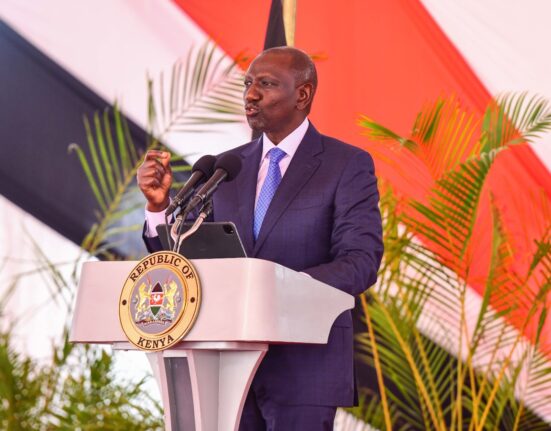In recent years, Kenya has witnessed a growing recognition of the importance of mental health and well-being as vital components of overall health. With an increasing understanding of the impact of mental health on individuals, communities, and society as a whole, Kenya is taking strides to address mental health challenges, promote well-being, and create a supportive environment for its citizens. This article explores the significance of mental health and well-being in Kenya, highlighting key statistics, initiatives, and the path towards a healthier and flourishing society.
The Mental Health Landscape in Kenya
Mental health issues affect a significant portion of the population in Kenya. According to the World Health Organization (WHO), approximately 25% of Kenyans will experience a mental health condition at some point in their lives (WHO, 2021). Depression, anxiety disorders, and substance abuse are among the most prevalent mental health challenges faced by Kenyans, often resulting from various factors such as poverty, unemployment, and social inequalities.
Addressing the Stigma
One of the primary barriers to seeking help for mental health conditions is the prevailing stigma surrounding mental illness in Kenyan society. However, efforts are being made to combat this stigma through public awareness campaigns, educational programs, and advocacy. Organizations like the Kenya Mental Health Alliance and the National Authority for the Campaign Against Alcohol and Drug Abuse (NACADA) have been instrumental in promoting understanding and reducing stigma associated with mental health issues.
Government Initiatives
The Kenyan government recognizes the significance of mental health and has taken steps to address the challenges faced by its citizens. The Mental Health Policy 2015-2030 outlines strategies for promoting mental well-being, preventing mental disorders, and ensuring access to quality mental health services (Ministry of Health, 2015). Furthermore, the government has increased investment in mental health infrastructure, including the establishment of mental health units in county hospitals and the recruitment of mental health professionals.
Integration of Mental Health Services
Efforts are underway to integrate mental health services into primary healthcare settings across Kenya. The aim is to provide accessible and affordable mental health care at the community level. The Mental Health Gap Action Programme (mhGAP) has been implemented, training healthcare workers in identifying and managing common mental disorders (WHO, 2017). This initiative seeks to bridge the treatment gap by ensuring mental health services are available beyond specialized psychiatric facilities.
Promoting Well-being and Resilience
Beyond addressing mental health challenges, Kenya is also focusing on promoting overall well-being and building resilience. Community support networks, self-care practices, and peer support groups are being encouraged to foster mental well-being. Additionally, schools are incorporating mental health education into the curriculum to equip young people with the necessary knowledge and skills to take care of their mental health.
Conclusion
Kenya is gradually recognizing the importance of mental health and well-being as integral components of a healthy and prosperous society. By addressing stigma, implementing government policies, integrating mental health services, and promoting well-being, Kenya is moving towards creating an environment where individuals can thrive mentally and emotionally. Continued efforts, supported by stakeholders, policymakers, and communities, will be crucial in ensuring a mentally healthy and flourishing future for all Kenyans.
References:
- Ministry of Health (2015). Mental Health Policy 2015-2030. Retrieved from [insert reference link]
- National Authority for the Campaign Against Alcohol and Drug Abuse (NACADA). Retrieved from [insert reference link]
- World Health Organization (2017). Mental Health Gap Action Programme (mhGAP). Retrieved from [insert reference link]
- World Health Organization (2021). Mental health: strengthening our response. Retrieved from [insert reference link]













Leave feedback about this